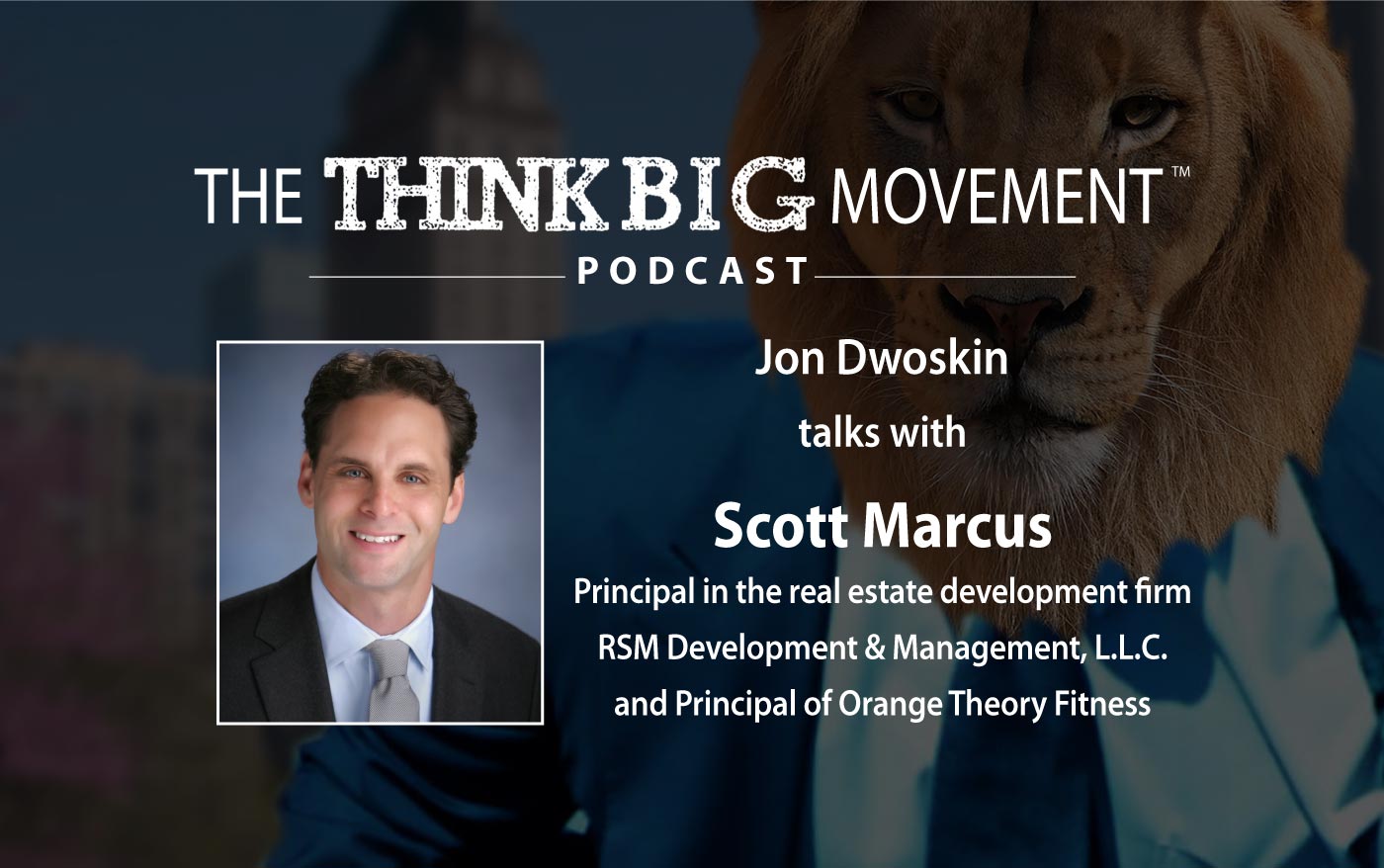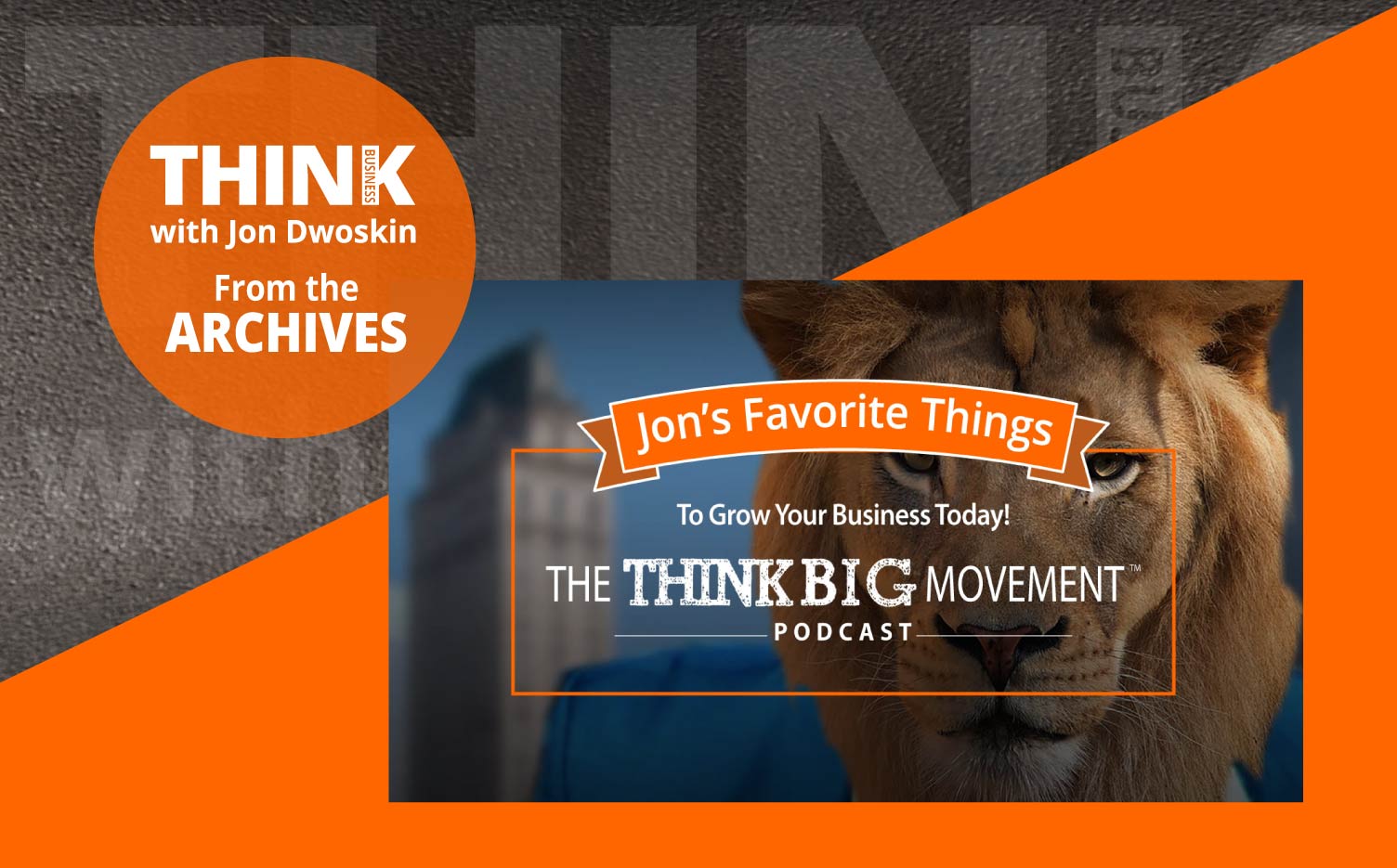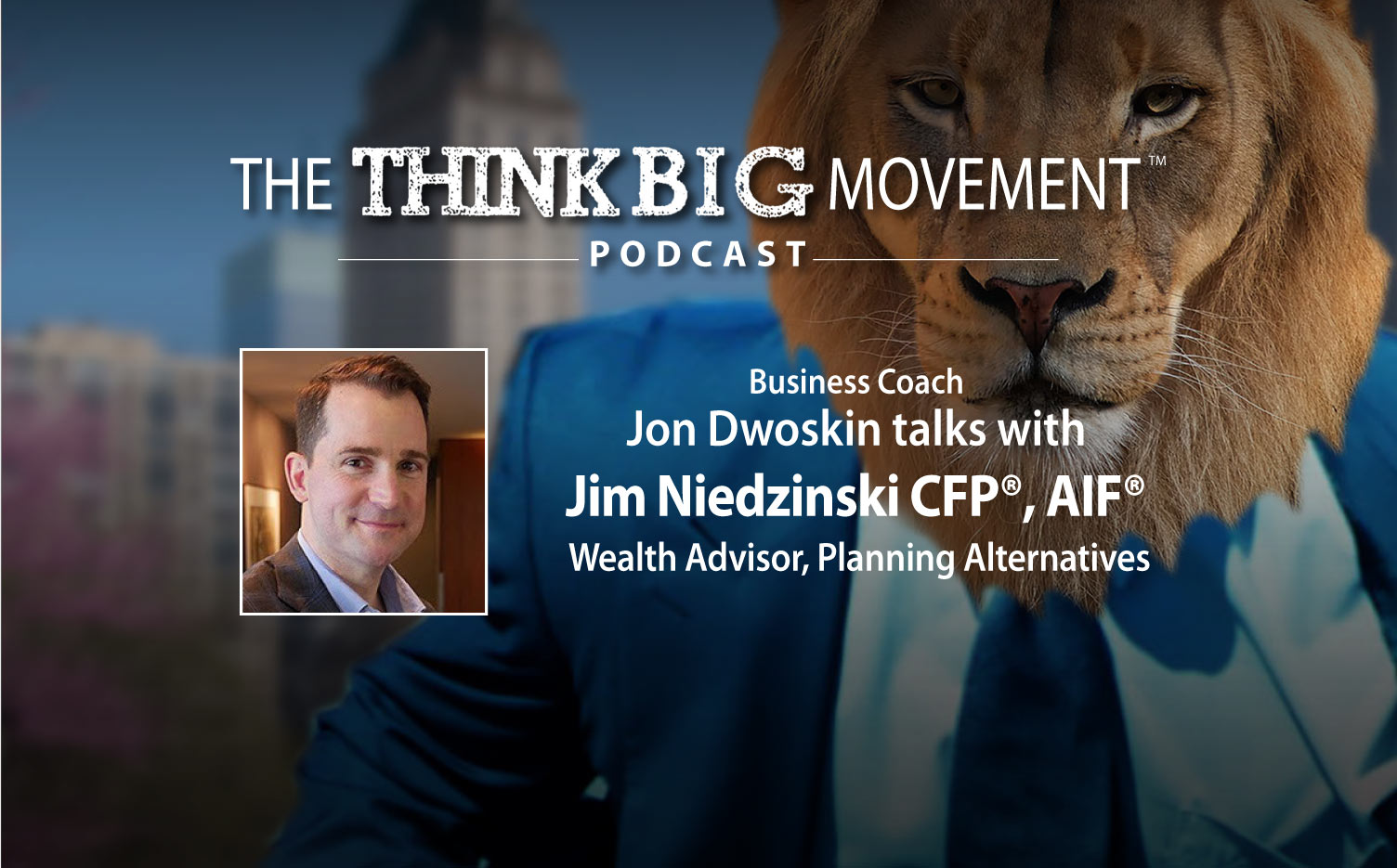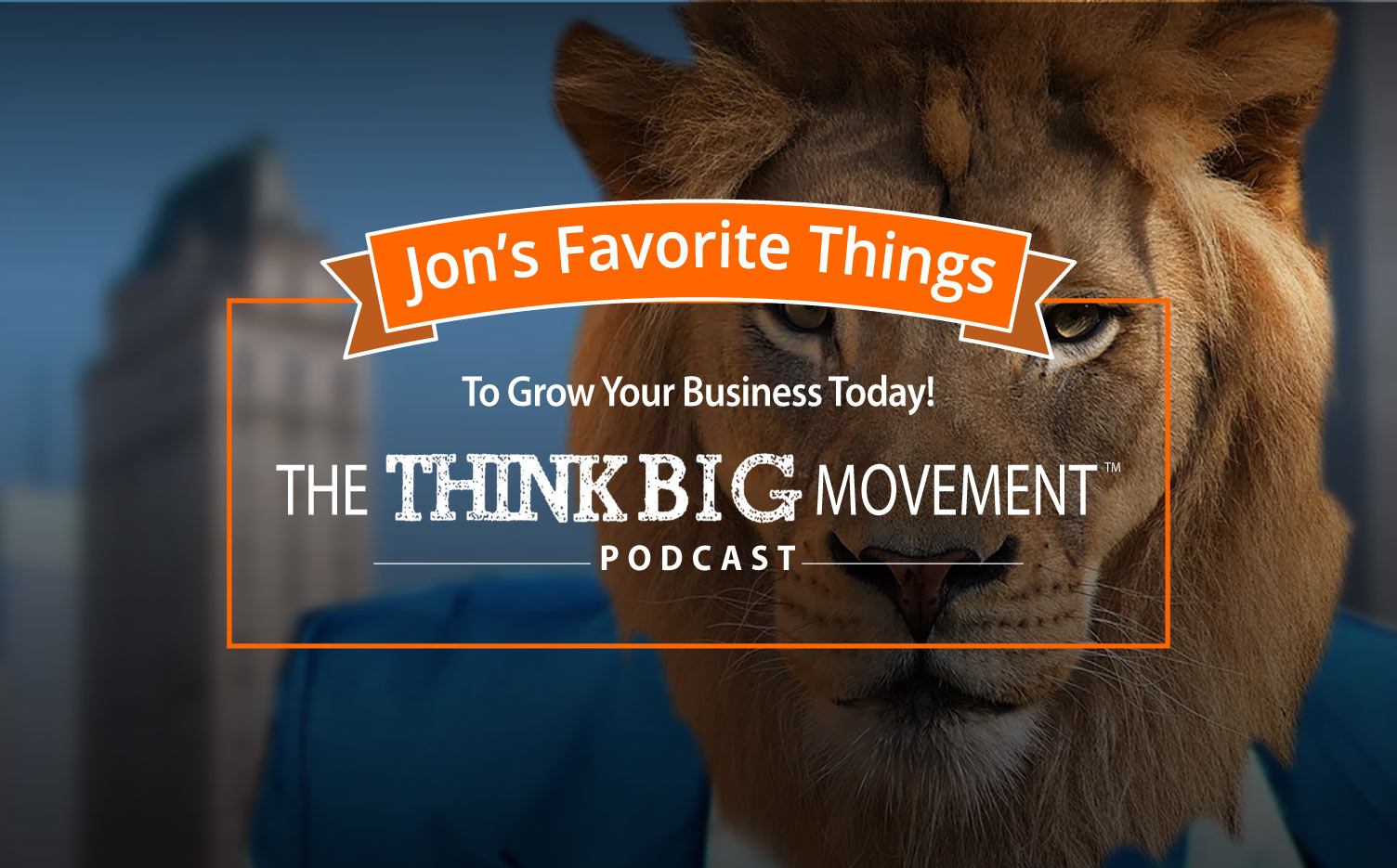
As a principal in the real estate development firm of RSM Development & Management, L.L.C. in Bloomfield Hills, Michigan, Scott J. Marcus’s primary responsibilities include the acquisition, development and first party property management of multi-family, office, medical office and industrial properties in the Metropolitan Detroit area. Since forming the firm fifteen years ago, RSM has acquired and/or developed a portfolio totaling over one million square feet and 2,500 apartment units with a market value of over $250M.
Mr. Marcus is a graduate of the University of Michigan (B.G.S.) and Wayne State University Law School (J.D.) and is a Member of the State Bar of Michigan, State Bar of Arizona, and is a licensed Michigan Real Estate Broker. He is an active Member of the Jewish Federation of Metropolitan Detroit Real Estate Committee and Vice-President of ORT Michigan. Additionally, Mr. Marcus is a member of the Office Development I NAIOP Forum and has participated in the last seven National NAIOP events and received the NAIOP Developing Leaders Award in 2007. In 2013, Scott was elected “40 Under 40” by Crain’s Detroit Business.
Following a year of practicing real estate law at the firm of Maddin Hauser, P.C. (Southfield, Michigan) and at the age of 26, Mr. Marcus joined Richard A. Shapack to form RSM Development and Management in September 2000. With Mr. Shapack continuing to concentrate on his practice of tax and real estate law, Mr. Marcus has been primarily responsible for the acquisition, development, financing and management of the RSM portfolio.
In an effort to expand the RSM portfolio, Mr. Marcus formed a joint-venture partnership with the Jacobson Brothers in 2007 to form DHSS Management, LLC (“DHSS”). DHSS now owns and manages over 2,500 apartment units within the Metropolitan Detroit area spread across 8 communities. To date, the DHSS portfolio is valued over $200M.
In addition to his real estate business, Mr. Marcus is a principal of Orange Theory Fitness (OTF) – Michigan as Area Developer of the State of Michigan. OTF is a group interval fitness franchise with over 650 locations in seven (7) countries. To date, Mr. Marcus owns four (4) OTF studios in Michigan (Birmingham, Troy, Farmington Hills and Northville), one (1) in Columbus, Ohio and, as Area Developer for the State of Michigan, has sold and opened an additional seven (7) locations in Michigan.
*E – explicit language may be used in this podcast.
Read the transcript
Jon Dwoskin: Hey, everybody, I’m Jon Dwoskin, an executive advisor and business coach. I work with successful business people who are stuck and want to take their company to the next level. Today, though, get ready to grow your business big. Very big. In just a few seconds, you’ll meet a dynamic business owner, executive, or salesperson willing to share the best practices that fuel their growth and success. Each interview is no more than 15-ish minutes long so you can quickly learn effective tools to put into your business today. Please listen with new ears and let’s get to learning, let’s get to growing, and let’s get to thinking big.
Hey, everybody, welcome back and thanks for taking time to listen to the Think Big Movement podcast. I appreciate it. I’m excited to have my guest on today, Scott Marcus, who is the principal in the real estate development firm of RSM Development and Management. He also bought the rights for Orangetheory Fitness in Michigan and it is exploding around the state. It’s an incredible workout and he’s going to talk about how he has grown that franchise throughout Michigan as well as his real estate company. Scott, it’s great to have you on this show, I appreciate it. Fill in the gaps and tell us more about you and we’ll take the conversation from there.
Scott Marcus: Thanks, Jon, appreciate it and glad to join you.
Jon Dwoskin: Yeah.
Scott Marcus: I actually was originally a lawyer and decided that being the client would be a little more fun than being the actual lawyer so I practiced law for about a year, and then decided to jump into the real estate development business and have been doing that for about the last 17, 18 years. Having an absolute blast doing it. Then, always entrepreneurial, so about three or four years ago I found this incredible fitness concept that I just loved and I said, “I got to bring it to Michigan. I think it’ll do great and if I don’t do it, someone else will.” Decided to bring that franchise to Michigan and ended up buying the area development rights for the entire state and we’ve been growing ever since. We’ve got 11 locations currently open. I own four of them and then there’s probably going to be another six or seven, I’d say, in the next 12 months to 18 months.
Jon Dwoskin: You know, Scott, that’s incredible and I just want to touch on something that you said. A couple of things, but to start off with you said, you know, “I found Orangetheory and I thought to myself, I got to bring this to Michigan.” I think so many entrepreneurs and so many non-entrepreneurs will say that, will think that, but actually not take action on that because maybe it’s too much of a risk and too much work. How did you dive in and just take the risk to do something that was unknown and not even in Michigan?
Scott Marcus: That’s a great question. I think part of it is that over my life and especially over the last 20 years, I’ve always looked at different concepts or different businesses and had never really done anything. I really wasn’t in the market to go buy a franchise or get involved with it, but when the right opportunity came, I had looked at so many just in passing, that when I saw it and I saw the brand, I sort of was ready and knew that it would be what it is. My first reaction to it was that I loved it myself and to me that was the most important thing. It wasn’t about, necessarily, making money. I believed in the concept and I believed in what the brand delivers to the customer.
Jon Dwoskin: That’s so important that you say that. I think so many people get in it initially for the money, and they’re calculating it for the money and not the passion and the belief and how it’s in alignment with them and what they want to do and the vision that they see. I love when you look at that because it’s a big investment of money but then for you to say and for you to think, well, it’s not about the money to me, that tells me that you know that if you do it and it feels right, the money will follow. Can you just kind of touch on that for a minute because I think it’s a really important concept.
Scott Marcus: Absolutely. For Orangetheory, a big part of our success is our culture and our culture with our staff and our members and that’s what I fell in love with in addition to the workout. For me, my direction has always been about the passion that I have for whatever I decide to do. I didn’t have passion to practice law, I had passion for real estate. Rather than follow the money, which at the time would have made more being a lawyer, I decided to take the jump and follow a passion instead. Really, the same thing with Orangetheory. To me, it was that fitness was a passion, the culture was a passion. I think when you do that, the money sort of follows, and you don’t have to look for the money and then worry about the passion. If you follow the passion, I think the success comes afterwards.
Jon Dwoskin: Right, right. You invested, you bet on yourself.
Scott Marcus: Absolutely.
Jon Dwoskin: Yeah, and then the money follows because you’re loving what you do and it doesn’t even feel like work, probably.
Scott Marcus: My days do not feel like work, I have to admit.
Jon Dwoskin: Right, it becomes like a hobby.
Scott Marcus: Pretty much.
Jon Dwoskin: Yeah. All right, so I have a couple more questions about Orangetheory, but talk to me about RSM Development and Management. Let’s talk about the real estate company.
Scott Marcus: We started about, you know, again, 17, 18 years ago and pretty much just acquired different types of office, medical, industrial properties. Developed some medical properties in the mid-2000s and we also created a management company that we operate day-to-day. Now, we’ve accumulated little over a million square feet and 3000 apartments and we operate those on a day-to-day basis. All of our real estate, our deals are all syndicated so we have partners or investors that we include. Most of these are small, private investors in Michigan and have been with us for a number of years and trust us. That’s pretty much how the real estate business operates on a day-to-day.
Jon Dwoskin: Nice. I mean, you built a phenomenal company there, as well as Orangetheory, and I think one of the common themes is if you’re going to run a million square feet and apartments and Orangetheory – to do that so you can enjoy the business – is put the appropriate people in place to help you run the businesses. Can you talk a little bit about that as far as how you get the people to support you, to work with you to basically be able to delegate so you can run the company and grow it effectively and efficiently?
Scott Marcus: Yeah, absolutely. For us, RSM’s been built upon relationships. Relationships with our subcontractors has been huge, most of them have been working with us since the beginning and so we can rely on them to go get the job done or treat our tenants the way they should be treated. Then within the RSM staff, I’ve got some great property managers that really deal with the day-to-day of each property and then office staff that deals with a lot of the accounting.
For us, what we created was not a gigantic company, it’s fairly small, relatively speaking. It also allows me to still know what’s going on, not micromanage, which I try and do less and less of each year, but definitely I know what’s happening. I know the major issues and I still know all the tenants by name. It’s a good balance. For me, I’m very lucky to have a good group of property managers that do a great job.
Jon Dwoskin: Great. You know, I always say, business is easy. People make it difficult. The management of people is it sometimes can be very challenging. Any secrets about that as far as maintaining that and not having to take up too much of your time?
Scott Marcus: Well, I think one important thing for me has been that I trained them to really think like me and to do things the way that I like them. So, I invested that time early on, when everybody started working for me. Now, they pretty much know what I would do in different scenarios and they know how I would maybe fix something or replace something and deal with tenant issues. They really do think real time with me, which really makes it much easier for me.
Jon Dwoskin: I’m in a lot of companies and I think there’s a big flaw in not taking the time to teach people that, to do the upfront training, to not teach them how you think. So, the fact that you’re doing that is so important. A lot of times people will bring people in and they say, “Go, figure it out.” And, not that there’s not some element to that, it’s important to do that, too. But, to take the time to train and spend time with people, kudos to you because it is so important upfront. Not after a year or two when you realized you’ve made that mistake.
Scott Marcus: Absolutely.
Jon Dwoskin: So, I mean, kudos to you and well done. Scott, I want to go back for one second. I think a lot of times people are in careers where they’re just not happy and for some reason I hear it a lot with attorneys, but how did you realize? I hear a lot of times people say, “I went to law school, but I never practiced law.” Or, “I went to law school and I practiced law for a year.” But, what got you to really just make the jump. You know, you’re making a lot of money. There’s a lot of people out there who are listening right now, who are making a lot of money but they’re not happy. They’re not passionate, but they’re stuck whether from golden handcuffs or just complacency. Give them a tip on how you made the jump because it’s so important to a fulfilled life.
Scott Marcus: Well, I think for me at the time, the advantage I had is it was before I had kids. I had a wife that worked and was successful, so that was a major part of it and I didn’t start spending money as if I was going to be a lawyer all my life. You know, I lived pretty well below my means and so the fact that I was going to give up this job, it didn’t really affect me. I think if you compare that to somebody who’s been in a career for a long time, spending pretty much what they’re making with kids in college or kids in school and a full family, it makes it much more challenging to go and take that plunge.
I think it’s important to put yourself in a position financially to be able to take that jump. That might mean that you live below your means for a number of years so that you can save up money or if you’re making less than you are now, you’re okay. I think that’s a mistake people make, and have made, over the years in different industries.
Jon Dwoskin: Yeah, that is really smart thinking and to slow it down a little bit and slow down your spending and just plan it out appropriately. Well said. Well said.
Scott Marcus: Thank you. Totally agree.
Jon Dwoskin: Scott, tell me, is there one article, podcast, piece of wisdom, book, something, one piece of advice in our last couple of minutes together that you can share with everybody that had a big impact in your life?
Scott Marcus: You know, for me, my work ethic, I would put up against anybody. I’ve pretty much done that ever since college and law school. But, for me, I found success, believe it or not, it’s sort of funny, but I think it’s working Sunday nights, getting ready for the week. The phone’s not ringing, emails aren’t coming in, and so I really find that when I can get in on a Sunday night for a few hours, I make sure I’m set. Make sure my staff is set for the week, so they come in first thing Monday and there’s really a list of things for them to do. Or, I’ve responded to all my emails so that Monday morning, the ball’s rolling. I find that to start that Monday really hitting the ground running really works well for me. For all my staff, I don’t necessarily tell them they have to work weekends, but it definitely makes Monday much easier if you’ve caught up a little bit over the weekend.
Jon Dwoskin: Right. Take time to prepare, which most people don’t find the space to do, but is so critical in making your week that much easier.
Scott Marcus: And for me, to work two hours on a Sunday night is like working four hours on a weekday. I’m not interrupted! Usually, for me, I just do it after the kids go to bed and for a couple of hours and have a glass of wine and catch up and I’m ready to go.
Jon Dwoskin: Nice. Scott, before I let you go, I just want to talk to you about work/life balance because I know that you are active in the Jewish Federation. I know you’re active in real estate committees. I know you’re active in ORT and other organizations like the NOIPG Forum, so can you just kind of talk about the work/life balancing and the importance of doing a little bit of that?
Scott Marcus: Probably, one of my most challenging parts of my life right now, with the multiple businesses happening and the fact that it’s not work for me, sometimes I have a tough time drawing that line of when to shut down and when is the focus on family. I’m trying to get better at it, trying to keep my phone at arm’s length and not respond or not check all the time, but I do find that it’s really important, especially for my kids, to know that I’ve shut it off. I’m still working at it, so work in progress.
Jon Dwoskin: Like most business owners and entrepreneurs.
Scott Marcus: Yeah.
Jon Dwoskin: Well, I can tell you, I have done Orange Theory workouts for a long, long time and I am appreciative of you bringing it to Michigan. I’ve also known you for a long, long time and know what a hardworking individual you are and how committed you are to not only business, but also to your family. Thanks for doing what you do. Any closing remarks? And tell people how to get ahold of you.
Scott Marcus: My only real piece of advice is, really, two things: Always have a 5 and 10-year plan, know where you’re going. You’re not going to get there unless you have it.
Jon Dwoskin: Mm-hmm (affirmative).
Scott Marcus: So, think about it, brainstorm about it, set it in motion and you should always have it. In two years, the plan might change, but at least you’ve got that 5 or 10-year plan. Always happy to talk to anybody, so I can be reached via email, marcus@rsmdevelopment.com or my office, 248-645-2600. I’m always happy to help any young entrepreneurs or anybody interested in following their passion.
Jon Dwoskin: You’re a good man, Scott. I appreciate you being on the show and I appreciate you sharing your wisdom and thoughts and best practices with everybody. Thank you very much.
Scott Marcus: Great, Jon. Good to be with you, thank you.
Jon Dwoskin: All right, Scott. Thanks very much.



